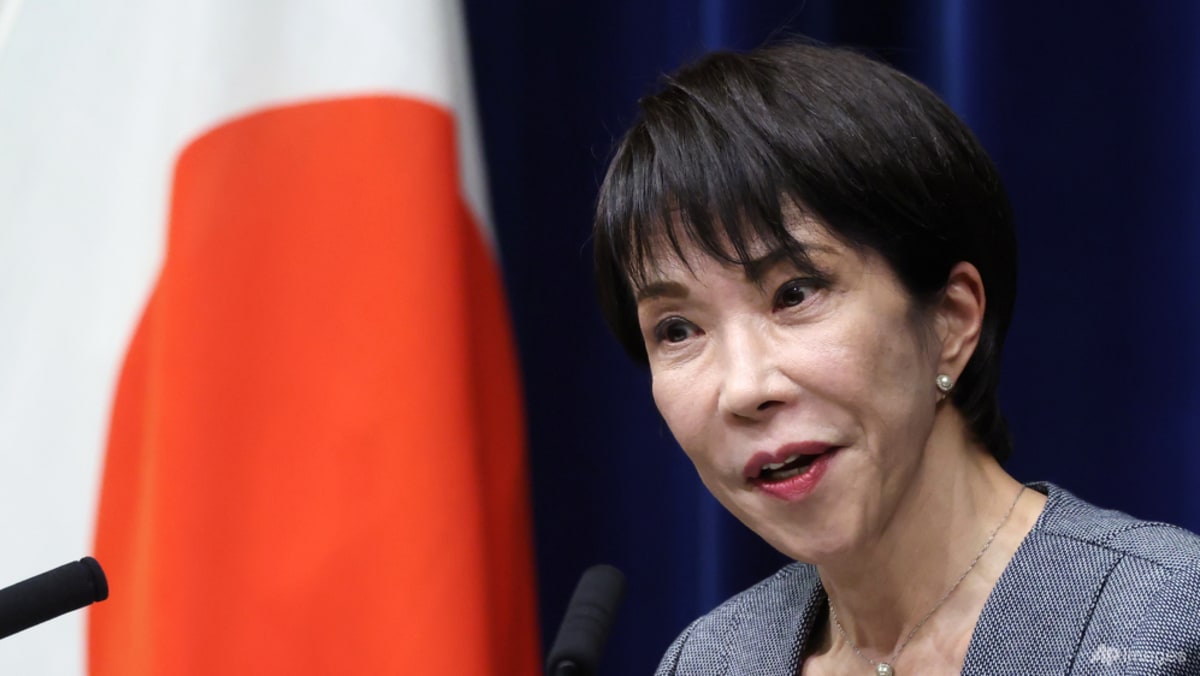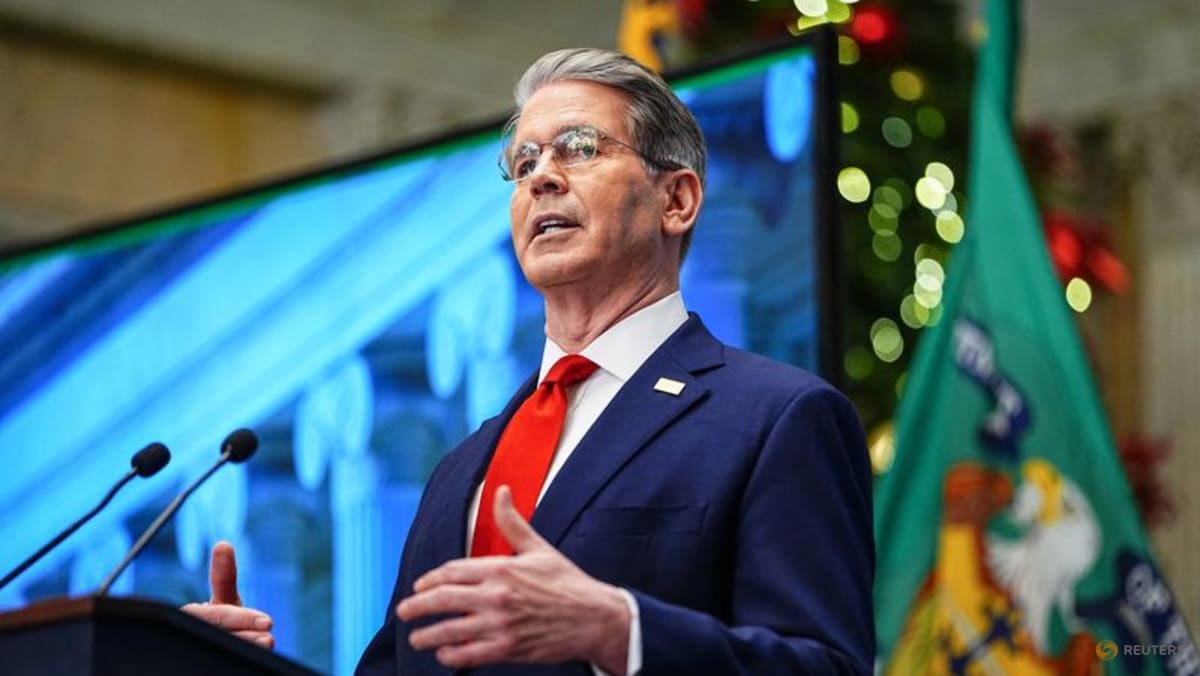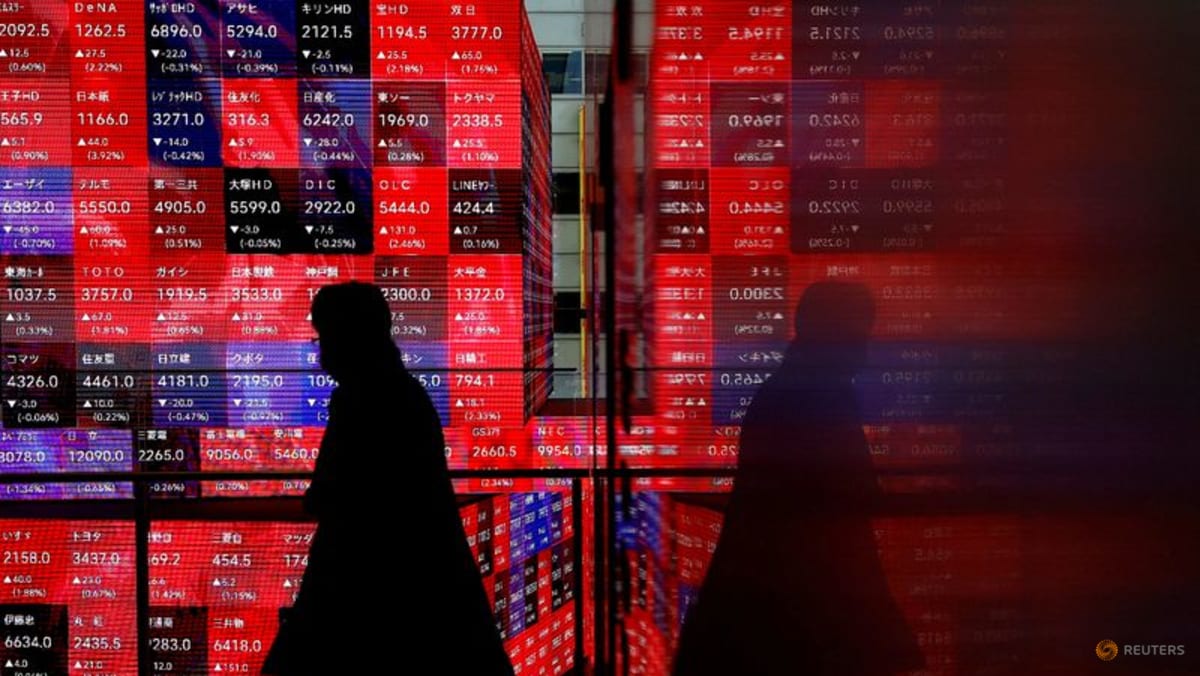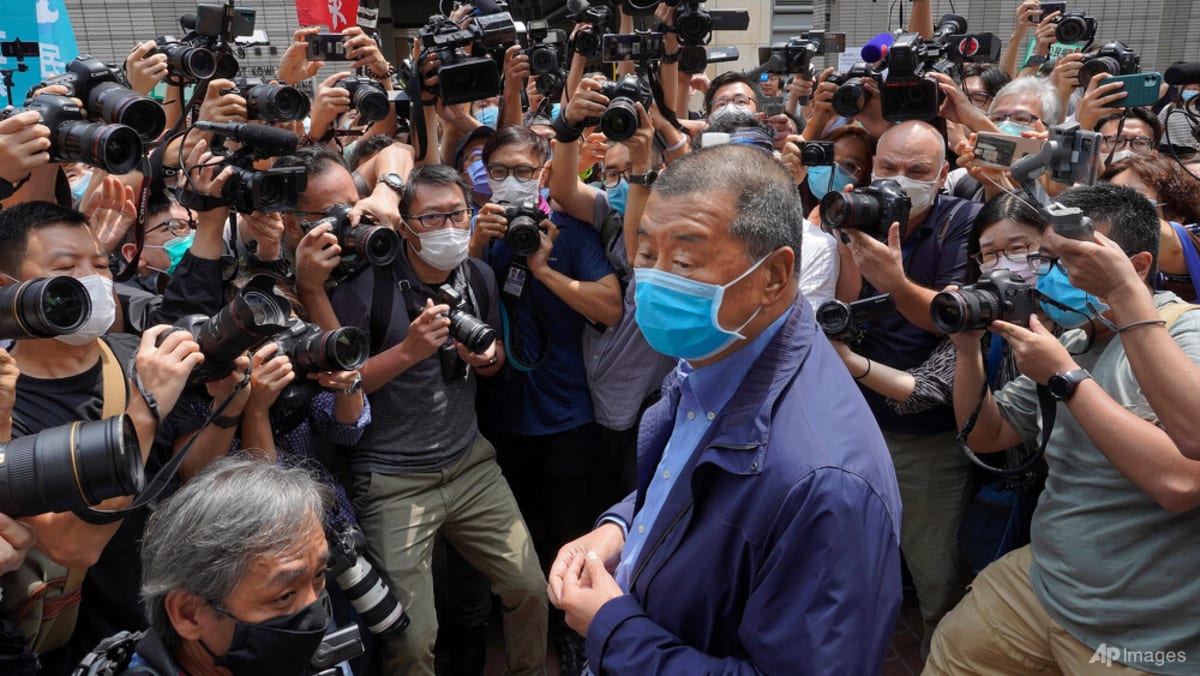US firms snub ‘de-risking’ to give China another shot – but they’re finding a new obstacle
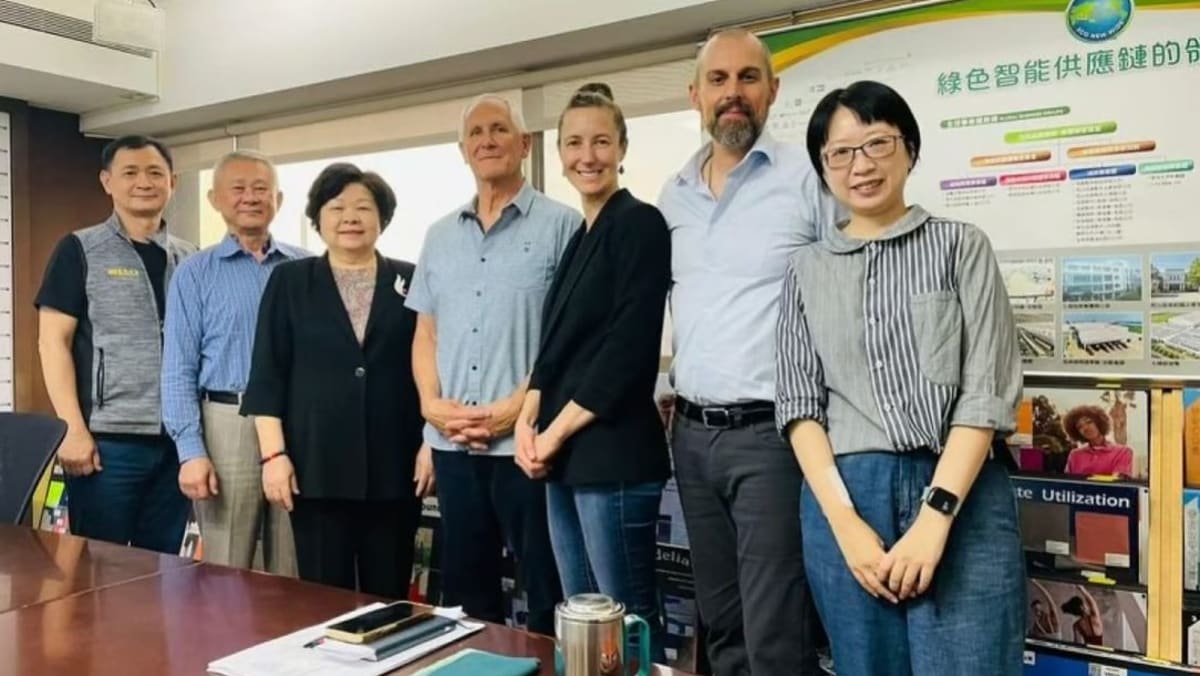
“It could not have been a warmer reception than what we received,” said American businessman Jeff Bowman after spending a week in China last month.
Bowman is the CEO of the US materials science company Cocona, with his unique sweat-drying Masterbatch additive for yarn garnering significant interest in the China-based fabric sector.
“The reception couldn’t have been more cordial – super excited to see us, wanting to do business with us,” said Bowman, speaking from his home in the US state of Oregon.
He has set up a wholly foreign-owned enterprise in China, with one client even agreeing on a deal during the recent visit.
Around half of Cocona’s Masterbatch is shipped to Chinese yarn spinners, with roughly 20 per cent of its US$10 million to US$20 million annual company revenues plus mill business coming from China – a share that is only expected to grow.
Bowman’s story is a bellwether for American industry – a pile-up of obstacles notwithstanding.
First came the US-China trade war in 2018, then Washington’s curbs on technology transfers, later the coronavirus lockdowns of 2022, and all along US calls for decoupling supply chains amid deepening political rifts.
“The typical sentiment is we wish the governments would get out of the way and let businesses do their thing,” Bowman added.
American industries as diverse as film, nuts, dairy and hi-tech equipment are also circling back to China with the intent to grow business again despite, in many cases, a decline at the start of the US-China trade and tech wars.
They are making it in some cases by selling to super-rich clients who can absorb price increases caused by the trade tariff increases.
Others have found that China needs US imports because it cannot produce enough domestically, while tech firms in the iconic Silicon Valley have started re-exploring the market because of its sheer size.
China’s post-coronavirus reopening since December particularly prompted US companies to re-explore the world’s second-largest economy, with entrepreneurs such as Bowman now able to resume in-person visits.
“I’ve been crisscrossing the (US) for the last 18 months or so, and found that it’s not entirely true that everyone in America agrees that we can’t work with China,” said Ker Gibbs, the former American Chamber of Commerce Shanghai president, who is now executive-in-residence at the University of San Francisco, in mid-June.
“People are definitely sensing that there’s a problem, but Americans and Chinese are not natural enemies. On the contrary, we share a lot of the same values, especially when it comes to business.”
Source: CNA




